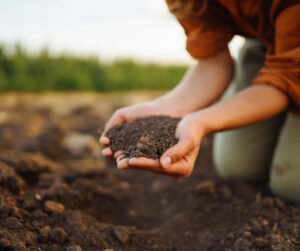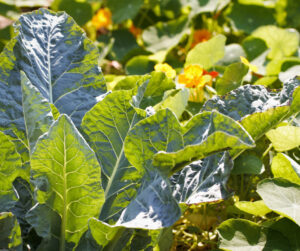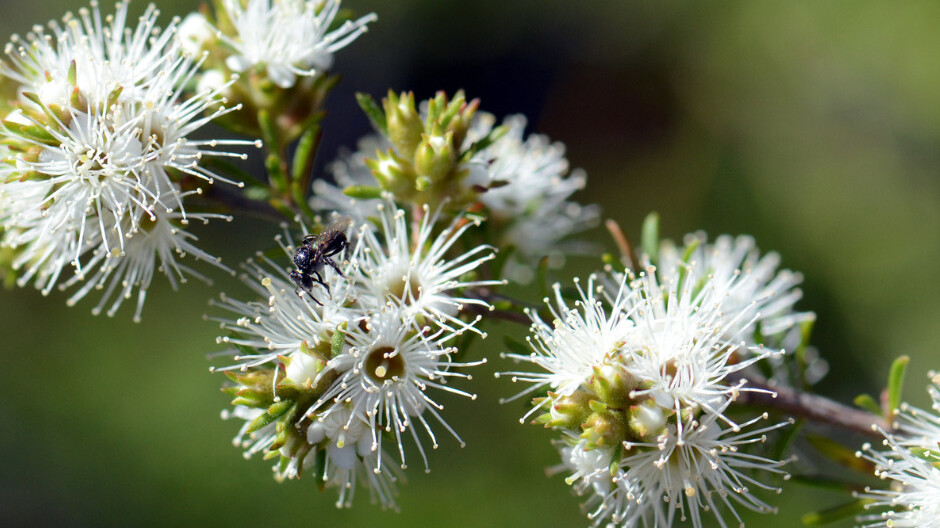Creating a thriving garden that not only sustains itself but also contributes to the broader ecosystem requires more than just sunlight and water. The secret to a successful, biodiverse, and highly productive garden lies beneath the surface – in the health of your soil. In this article, we’ll explore the crucial role of soil health in fostering biodiversity and ensuring the productivity of your garden.
Nutrient-rich soil nurtures healthy plants

Soil serves as the primary source of nutrients for plants. A well-balanced, nutrient-rich soil provides plants with the essential elements they need to grow and produce. Adequate levels of nitrogen, phosphorus, potassium, and other micronutrients are vital for plant health. When soil health is optimised, plants are better equipped to resist pests and diseases, resulting in a more robust and productive garden.
Microbial activity enhances soil fertility
Healthy soil is teeming with microbial life, including bacteria, fungi, and other microorganisms. These tiny organisms play a crucial role in breaking down organic matter, releasing nutrients, and improving soil structure. Beneficial microbes form symbiotic relationships with plant roots, aiding in nutrient absorption and disease prevention. By fostering microbial activity, gardeners create a self-sustaining ecosystem where plants and soil organisms work together harmoniously.
Soil structure affects water retention and drainage
A well-structured soil with a good balance of sand, silt, and clay particles allows for optimal water retention and drainage. This is essential for preventing waterlogged or overly dry conditions, both of which can be detrimental to plant health. Building soil organic matter through the addition of compost and other organic materials enhances soil structure, promoting aeration and creating an environment where plant roots can thrive.
Biodiversity in the soil supports plant diversity

The health of your garden extends beyond what meets the eye. A diverse community of soil-dwelling organisms contributes to a balanced ecosystem. Earthworms, insects, and other invertebrates aerate the soil, break down organic matter, and contribute to nutrient cycling. The presence of these organisms is a sign of a healthy and biodiverse soil, which, in turn, supports a wide range of plant species in your garden.
Reducing the need for chemical inputs
A robust soil ecosystem can naturally suppress pests and diseases, reducing the reliance on synthetic pesticides and fertilisers. When soil health is prioritissed, the garden becomes more resilient, and the need for chemical interventions decreases. This not only benefits the environment but also promotes the long-term sustainability of your garden.
In the world of gardening, healthy soil is the unsung. By prioritising soil health, gardeners can create a self-sustaining ecosystem that fosters biodiversity, supports plant growth, and yields abundant harvests. Building soil health is an investment in the long-term vitality of your garden, offering benefits that extend far beyond the surface. So, dig in, nurture your soil, and watch as your garden flourishes.
Related Articles:
Wildflower gardens – What’s the buzz about?
In the quest for sustainable and environmentally conscious practices, gardening enthusiasts and nature lovers alike are turning to a time-tested…
Garden Journaling – Slow down to tune in.
As we move through the year and our gardens evolve, there's something magical about documenting the journey. Garden journaling is an art that enables…



